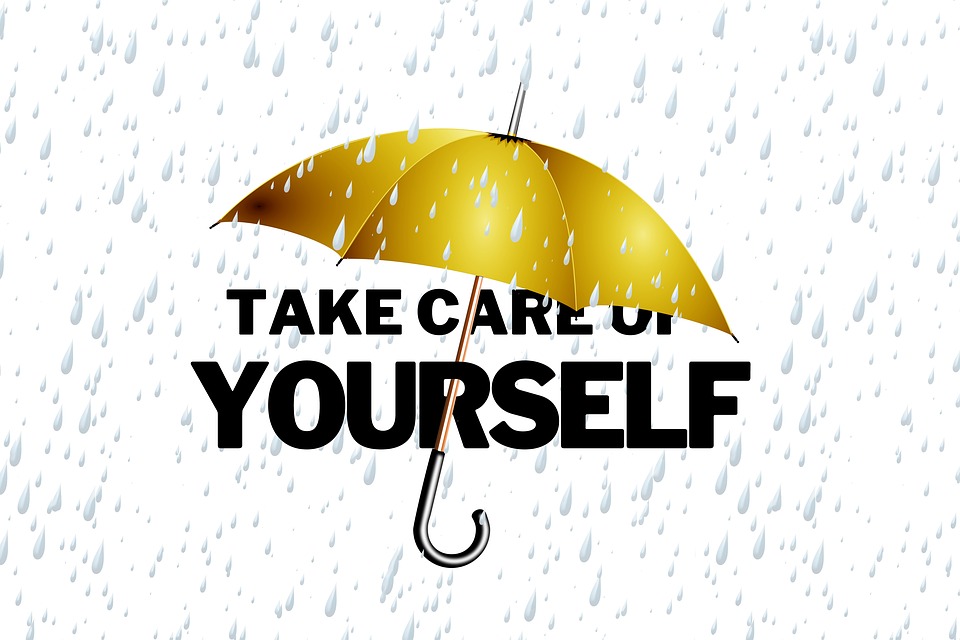Flight attendants regularly remind the parents on flights that, in the event of a crash, they should remember to put the oxygen mask over their own faces before placing them on their children. As a parent, your first thought is always about the wellbeing of your child. However, you cannot care for your child without first caring for yourself. If you don’t provide yourself with oxygen, as the flight attendant says, then who will be there to put the oxygen over your child?
Self-care is extremely important for all caregivers, particularly parents who are caring for a child with special needs 24/7. Children with neurobehavioral disorders bring amazing gifts as well as special challenges to parenting. Parents may feel stressed or burned out. Stress negatively impacts your physical and mental health. Self-care clears your head, reduces stress, gives you time to recharge, and lets you to return to your child feeling fresh and renewed.
You’ll find that parenting feels less challenging and more manageable when you’re properly caring for yourself. You’ll enjoy the great moments more, and handle the difficult ones much more smoothly. Of course, the logistics of finding time for self-care can feel impossible when you’re caring for a child with special needs. Here are 5 ideas for realistic self-care while parenting a child with a neurobehavioral disorder:
Find a Support System
A support system can make a world of difference for parents of children with neurobehavioral disorders. Support groups for a variety of neurobehavioral conditions are available throughout Maryland. These groups allow you to share your highs and lows with people who understand and can offer their own experiences to you. Many groups will also offer appropriate child care from trained and qualified individuals, letting you truly relax during your time at the meeting. Look into Maryland Learning Links, Pathfinders for Autism, or The Parents’ Place of Maryland for resources and information about support groups that are relevant to your child’s condition.
Allow Yourself to Ask for Help
Respite is a term that refers to care provided by others as a break for the usual caregiver. Respite care is not something to feel guilty about needing. Everyone needs a night out of the house or a few hours alone from time to time. Spouses need time for dates and to maintain the relationship. This is healthy. When you feel like it’s time for a break, try not to keep yourself from asking for help. Say what you need. Ask a trusted friend or family member to babysit for a little while, or reach out to a local resource for respite advice and assistance. Maryland Respite Coalition, Inc. has worked to increase respite services in our region. Maryland’s Respite Care Program may be of great help to you for planned or crisis respite needs.
Exercise to Stay Healthy and Reduce Stress
If at all possible, try to find time to exercise. Cardiovascular exercise boosts your mood, improves your physical health, and provides an emotional release.1 Loyola University Maryland provides information on relaxation techniques and classes in yoga and meditation. Many children with neurobehavioral disorders will also benefit from increased physical activity and relaxation exercises, making this something that could involve the whole family.
Spend Time Outside
The American Heart Association recommends spending time outdoors for better mental and physical health.2 Being outdoors is healing for many people and, like exercise, can help you manage your stress.Take your walk outside instead of on a treadmill, or take the whole family for a picnic in the park.
For a family vacation, don’t forget to look into theme parks that are accessible for families with special needs, too. Sesame Place, for instance, located in Langhorne, PA, is just a little over 2 hours from Baltimore.
Try to Remember Your Hobbies
Even parents of children who do not have neurobehavioral disorders often find it difficult to not ‘lose themselves’ in the parenting experience. Try not to forget who you were before you became a parent. What hobbies did you enjoy? How can you include them in your life now? You might even be able to share your hobbies with your child.
Neurobehavioral Associates offers comprehensive assessments, referral services, and consultations. Contact us today for more information.
References:
- Exercise may protect against future emotional stress, study shows. (2012, September 13). Retrieved July 24, 2019, from https://www.sciencedaily.com/releases/2012/09/120913123629.htm
- Spend Time in Nature to Reduce Stress and Anxiety. (n.d.). Retrieved July 24, 2019, from https://www.heart.org/en/healthy-living/healthy-lifestyle/stress-management/spend-time-in-nature-to-reduce-stress-and-anxiety

